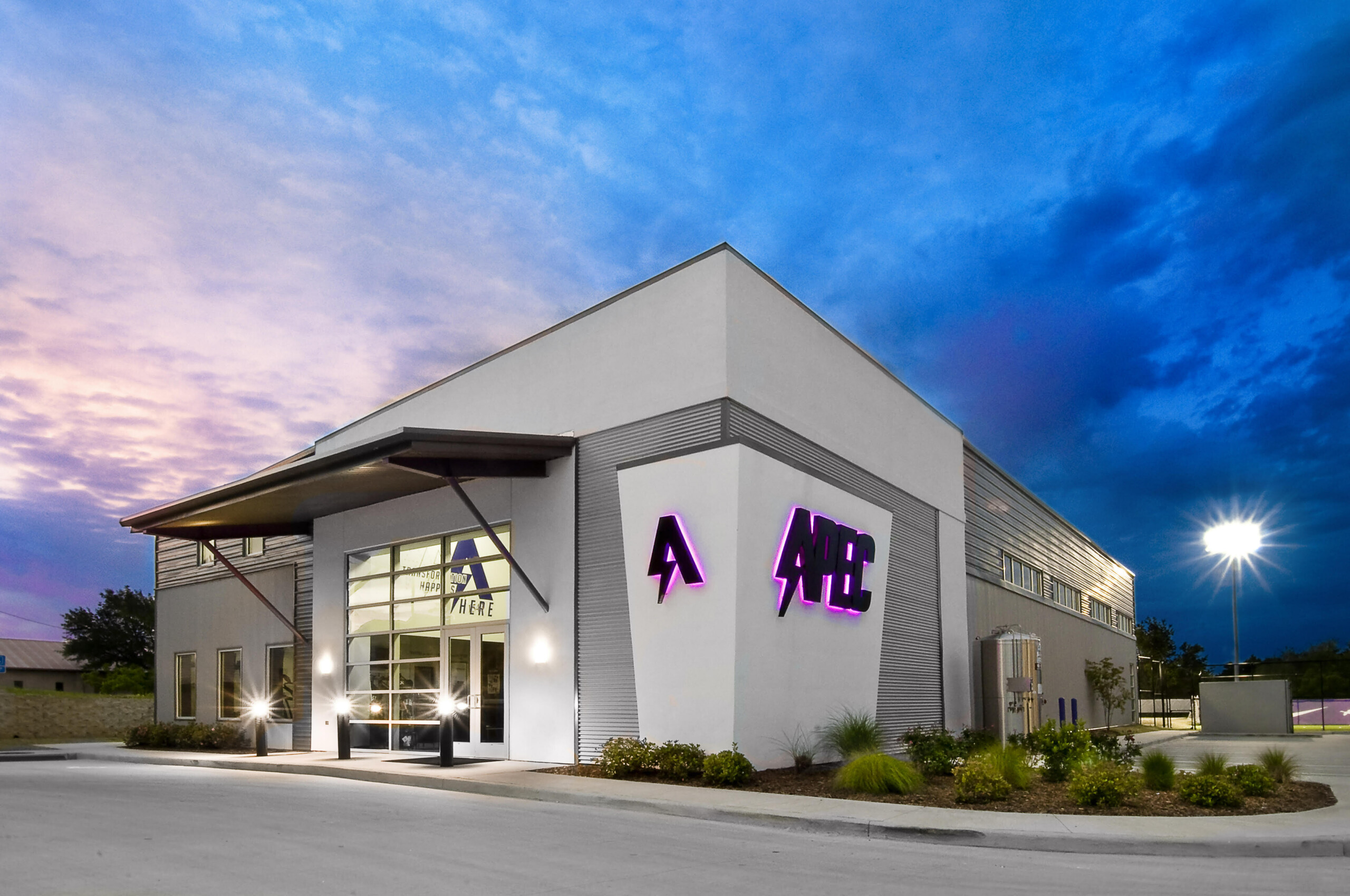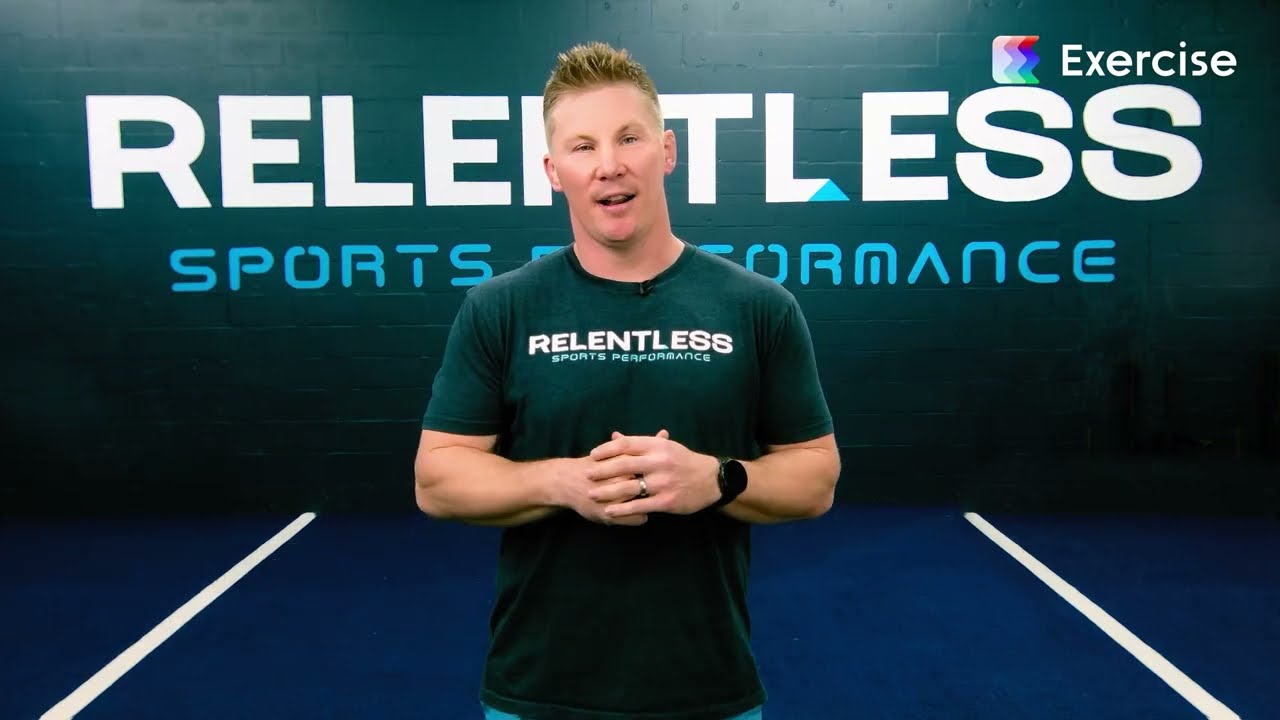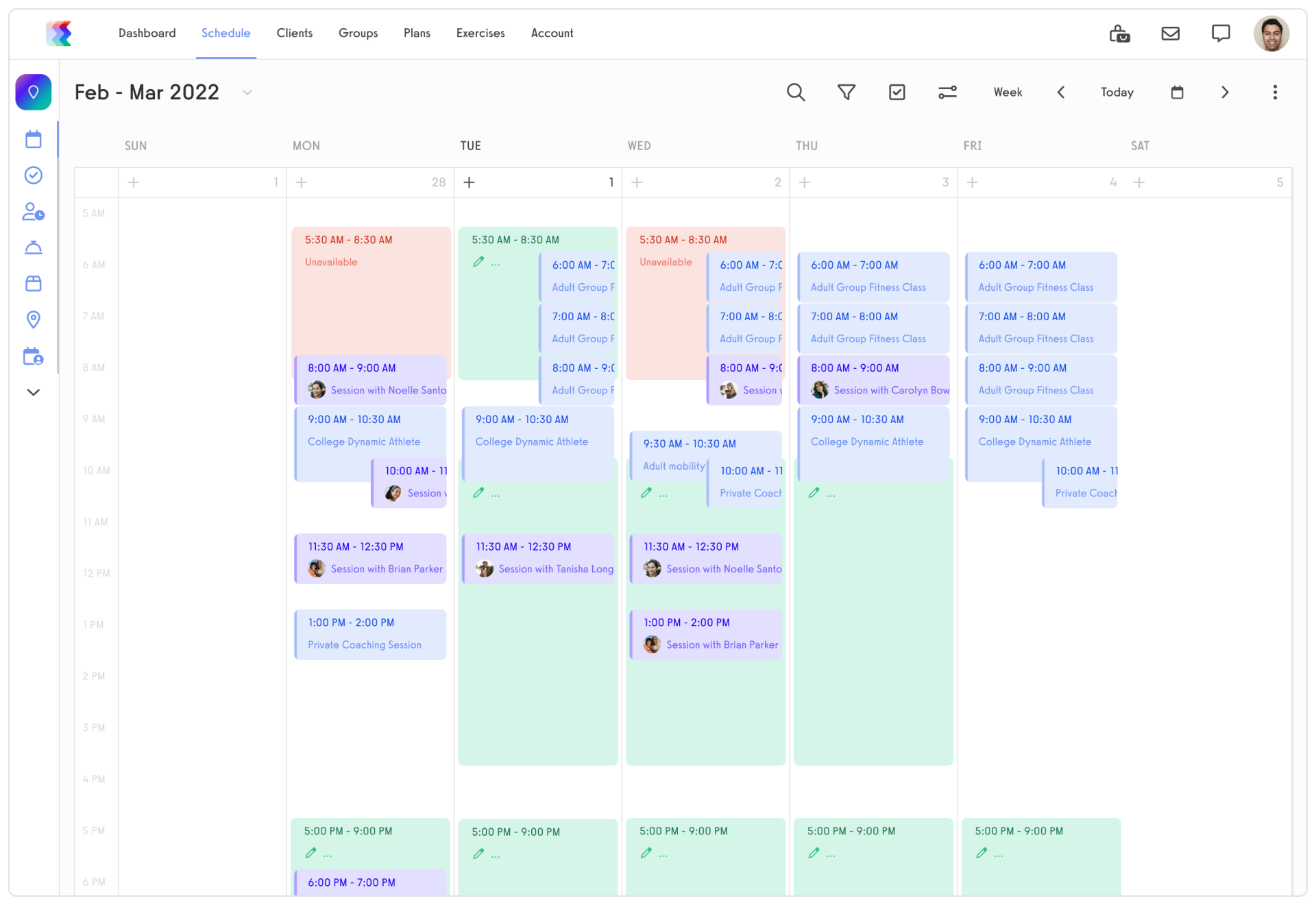Club Administrator vs Club Master
In a club setting, there are various roles and positions that contribute to the smooth functioning and success of the organization. Two key positions within a club are the Club Administrator and the Club Master. While these roles might appear similar, they have distinct responsibilities and skill sets that set them apart. Understanding the differences between these positions is essential in determining which role suits your interests and goals within a club environment.

1. Understanding the Roles and Responsibilities

In any club, there are various roles and responsibilities that contribute to its smooth functioning and success. Two key roles within a club are the Club Administrator and the Club Master. Let’s take a closer look at what each of these roles entails.
What does a Club Administrator do?
A Club Administrator plays a crucial role in managing the administrative aspects of a club. They are responsible for overseeing the day-to-day operations, ensuring that everything runs smoothly. This includes handling memberships, processing membership applications, and maintaining accurate membership records. The Club Administrator also plays a vital role in organizing club meetings, ensuring that they are well-coordinated and productive. They are responsible for sending out meeting invitations, preparing agendas, and taking minutes during the meetings. Additionally, the Club Administrator manages the club’s communication channels, ensuring that all members are kept informed about club events, updates, and important announcements. They are the point of contact for club members who have any administrative queries or concerns. In summary, the Club Administrator is the backbone of the club, ensuring that all administrative tasks are efficiently handled.
What does a Club Master do?
A Club Master assumes a more leadership-oriented role within a club. They are responsible for setting the direction and vision for the club, ensuring that it aligns with the organization’s objectives. The Club Master takes on the responsibility of making key decisions that impact the club’s activities and future. They are the face of the club and represent it at external events, networking with other clubs and organizations. The Club Master plays a pivotal role in creating a positive and inclusive club environment, where all members feel valued and included. They work closely with the Club Administrator to ensure effective communication and coordination within the club. The Club Master also oversees the club’s financial management, ensuring that resources are allocated appropriately and in line with the club’s goals. Their leadership and guidance inspire club members to actively participate and contribute to the club’s success.
As you can see, both the Club Administrator and the Club Master play vital roles in the functioning and success of a club. While the Club Administrator focuses on administrative tasks and day-to-day operations, the Club Master takes on a more strategic and leadership-oriented role. Together, they form a dynamic team that ensures the club operates smoothly, achieves its objectives, and provides a welcoming and engaging environment for all members.
Key Skills and Qualifications
Required skills for a Club Administrator
A Club Administrator should possess excellent communication and organizational skills. They should be detail-oriented and able to manage administrative tasks efficiently. Proficiency in using office software and database management systems is essential for maintaining accurate club records. Additionally, being a good team player and having strong interpersonal skills is beneficial for fostering positive relationships with club members.
Furthermore, a Club Administrator should have a thorough understanding of club policies and procedures. This includes knowledge of membership requirements, club rules, and regulations. They should be able to effectively communicate these guidelines to club members and ensure compliance.
In addition to administrative tasks, a Club Administrator may also be responsible for coordinating club events and activities. This could involve liaising with external vendors, securing event venues, and managing event logistics. Therefore, strong organizational and multitasking skills are crucial in this role.
Moreover, a Club Administrator should have a keen eye for detail. They should be able to review and proofread club communications, such as newsletters and announcements, to ensure accuracy and professionalism.
Essential skills for a Club Master
A Club Master requires strong leadership, decision-making, and strategic thinking abilities. They should possess excellent communication and public speaking skills to effectively represent the club and engage with external stakeholders.
Furthermore, a Club Master should have experience in managing teams and motivating club members to achieve shared goals. This includes delegating tasks, providing guidance and support, and fostering a positive and inclusive club culture.
In addition to leadership skills, a Club Master should also have a broad understanding of club operations. This includes knowledge of budgeting and financial management, as well as experience in fundraising and sponsorship acquisition.
Moreover, a Club Master should be proficient in event planning and management. They should be able to conceptualize and execute successful club events, taking into consideration factors such as budget, logistics, and attendee experience.
Furthermore, a Club Master should have a strong network and be able to build and maintain relationships with external stakeholders. This includes potential sponsors, community partners, and other clubs or organizations.
In summary, a Club Master should possess a diverse skill set that combines leadership, communication, strategic thinking, and event management abilities. They should be able to effectively lead and inspire club members while also representing the club in a professional and engaging manner.
Differences in Decision-Making Authority
Decision-making power of a Club Administrator
A Club Administrator primarily focuses on implementing decisions made by the club’s leadership, such as the Club Master or Board of Directors. They work closely with the club’s leadership to ensure that decisions are executed effectively and efficiently. While they do not have the final say in decision-making, Club Administrators provide valuable input and contribute to the decision-making process.
Club Administrators play a crucial role in the day-to-day operations of the club. They are responsible for coordinating various administrative tasks, managing club resources, and overseeing the implementation of decisions. Their attention to detail and organizational skills ensure that decisions are carried out in a timely manner.
Furthermore, Club Administrators act as a bridge between the club’s leadership and its members. They communicate decisions to the members and address any concerns or questions that may arise. This open line of communication helps maintain transparency and fosters a sense of inclusivity within the club.
Decision-making authority of a Club Master
As the highest-ranking official within a club, the Club Master has the ultimate decision-making authority. They make decisions pertaining to the club’s objectives, activities, and overall direction. Club Masters consult with the club’s leadership and members before making important decisions, but ultimately, the final call rests with them. The Club Master’s decisions significantly impact the overall success and direction of the club.
Club Masters possess a deep understanding of the club’s mission and vision. They analyze various factors, such as member feedback, market trends, and financial considerations, to make informed decisions that align with the club’s goals. Their ability to think strategically and make tough choices sets the tone for the entire club.
In addition to decision-making, Club Masters also play a key role in inspiring and motivating club members. They lead by example and set high standards for performance, professionalism, and dedication. By fostering a positive and inclusive club culture, Club Masters create an environment where members feel motivated to contribute their best.
Furthermore, Club Masters often represent the club in external settings, such as conferences or community events. They act as ambassadors, promoting the club’s values and achievements. Their ability to effectively communicate the club’s purpose and engage with stakeholders is crucial in building strong relationships and attracting new members.
Managing Club Operations
Managing club operations is a crucial aspect of running a successful club. It involves a range of operational tasks that ensure the smooth day-to-day functioning of the club. From managing finances to coordinating membership applications, club administrators play a vital role in keeping the club running like a well-oiled machine.
Operational tasks of a Club Administrator
Club administrators handle various operational tasks that involve the day-to-day running of the club. One of their key responsibilities is managing club finances. This includes maintaining accurate financial records, tracking expenses, and ensuring that the club operates within its budget.
In addition to financial management, club administrators also coordinate membership applications. They handle the entire process, from receiving and reviewing applications to approving or rejecting them. They ensure that all necessary documentation is in place and that potential members meet the club’s eligibility criteria.
Another important responsibility of a club administrator is organizing club meetings and events. They work closely with other club members to plan and schedule meetings, ensuring that they are productive and well-attended. They also take care of event logistics, such as booking venues, arranging catering, and coordinating with guest speakers or performers.
Maintaining communication channels with members is also a crucial part of a club administrator’s role. They keep members informed about upcoming events, club updates, and any changes in policies or regulations. They may use various communication tools, such as email newsletters, social media platforms, and the club’s website, to ensure effective and timely communication.
Additionally, club administrators are responsible for ensuring compliance with club policies and regulations. They familiarize themselves with the club’s constitution, bylaws, and any applicable laws or regulations. They ensure that all club activities and operations align with these rules and regulations, and take appropriate action if any violations occur.
Operational responsibilities of a Club Master
A Club Master holds overall responsibility for managing the club’s operations. They work closely with the club administrator to ensure that operational tasks are executed efficiently. While the club administrator focuses on day-to-day tasks, the club master takes a broader perspective, providing guidance and making strategic decisions to drive the club’s success.
One of the key responsibilities of a club master is reviewing and approving club budgets. They work with the club administrator to develop a comprehensive budget that aligns with the club’s goals and objectives. They carefully analyze financial projections, consider potential risks and opportunities, and make informed decisions to allocate resources effectively.
In addition to financial management, club masters oversee event planning. They work closely with the club administrator and other club members to plan and execute successful events. They ensure that events are aligned with the club’s mission and objectives, and that they provide value to members and the community. Club masters may also leverage their network to secure partnerships or sponsorships for events.
Monitoring the club’s progress towards achieving its goals is another important responsibility of a club master. They regularly review key performance indicators and assess the club’s overall performance. They identify areas for improvement, develop strategies to address them, and provide guidance and support to club members to achieve their individual and collective goals.
Overall, managing club operations requires a combination of organizational skills, attention to detail, and strategic thinking. Club administrators and club masters work together to ensure that the club operates smoothly, members are engaged, and the club’s goals are achieved.
Communication and Member Engagement
How a Club Administrator communicates with members
Club Administrators play a crucial role in maintaining effective communication between the club’s leadership and members. They frequently share updates, event notifications, and important information through various communication channels such as email, newsletters, and social media platforms. By utilizing these channels, Club Administrators ensure that members are well-informed and engaged in the club’s activities.
In addition to electronic communication, Club Administrators also recognize the importance of face-to-face interaction. They organize regular club meetings where they have the opportunity to connect with members on a personal level. During these meetings, Club Administrators encourage open dialogue, allowing members to voice their opinions, concerns, and suggestions. By actively listening to the members, Club Administrators create an inclusive and supportive environment.
Furthermore, Club Administrators understand that effective communication goes beyond just relaying information. They strive to build strong relationships with members by providing personalized attention and addressing their individual needs. Whether it’s through one-on-one conversations or group discussions, Club Administrators make themselves available to answer questions, offer guidance, and provide support to ensure that each member feels valued and heard.
How a Club Master engages with members
Club Masters are responsible for fostering a strong sense of community and engagement among club members. They understand that a club is not just a collection of individuals, but a cohesive unit where members feel connected and motivated to contribute.
Club Masters actively participate in club meetings, events, and other activities to build relationships and ensure inclusivity. They make an effort to get to know each member personally, learning about their interests, goals, and aspirations. By doing so, Club Masters create a welcoming atmosphere where members feel comfortable expressing themselves and sharing their ideas.
In addition to personal interaction, Club Masters often provide motivational speeches and inspirational messages to encourage members’ active participation and commitment to the club’s objectives. They understand the power of words and use them to inspire and empower members to reach their full potential. By creating an environment that fosters personal growth and development, Club Masters help members realize their strengths and unlock their true potential.
Club Masters also recognize the importance of recognizing and celebrating members’ achievements. They make it a point to acknowledge and appreciate the efforts and contributions of each member. By doing so, Club Masters not only boost members’ confidence but also reinforce a positive and supportive club culture.
Aspiring individuals interested in club leadership positions should carefully consider the roles and responsibilities of a Club Administrator and a Club Master. Both roles are vital to the club’s success, and each offers unique opportunities for personal and professional growth. Whether your strengths lie in administration or leadership, both positions provide valuable experience in managing clubs and working with diverse groups of people. With a clear understanding of these roles, you can make an informed decision about how to contribute effectively to the club of your choice.














